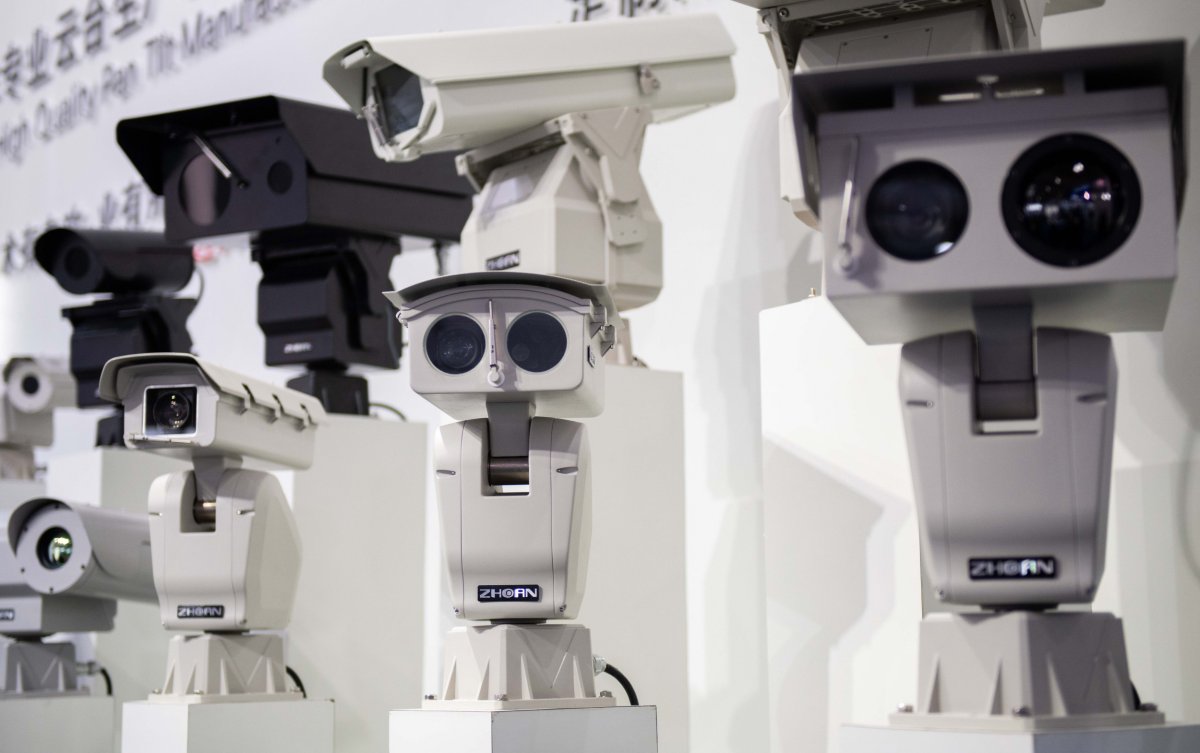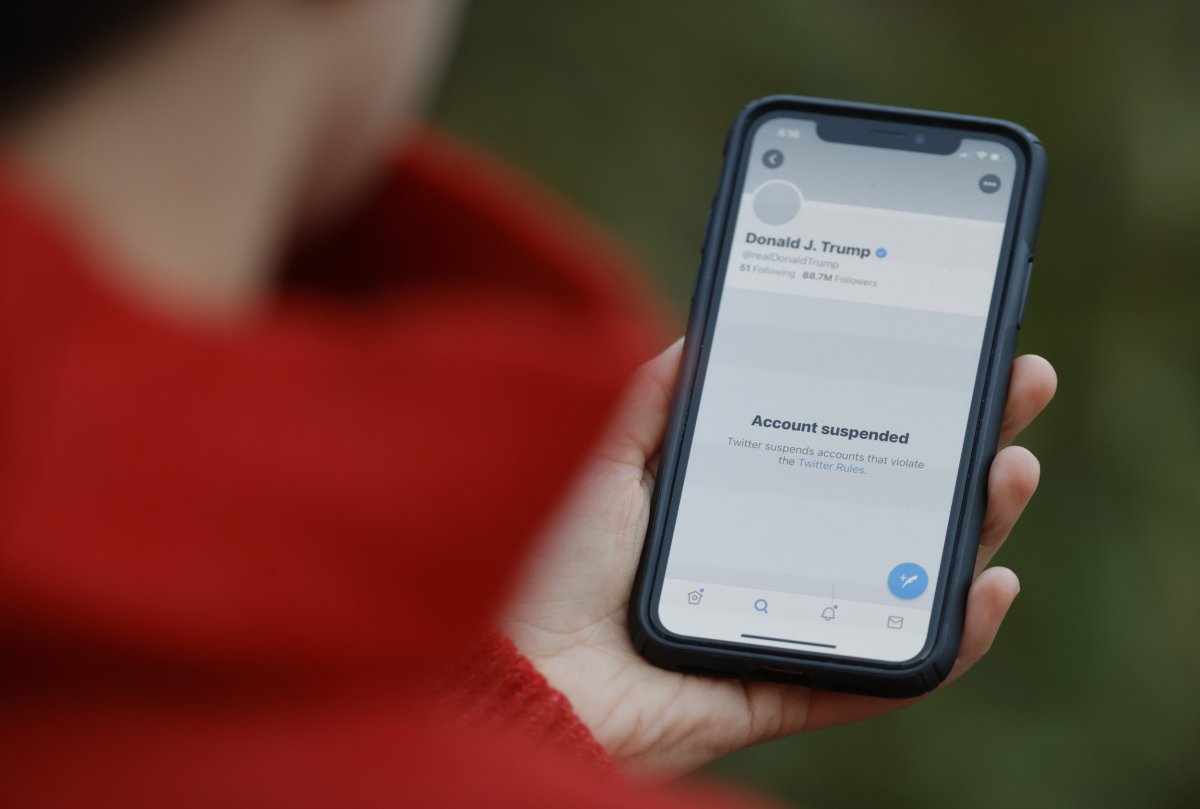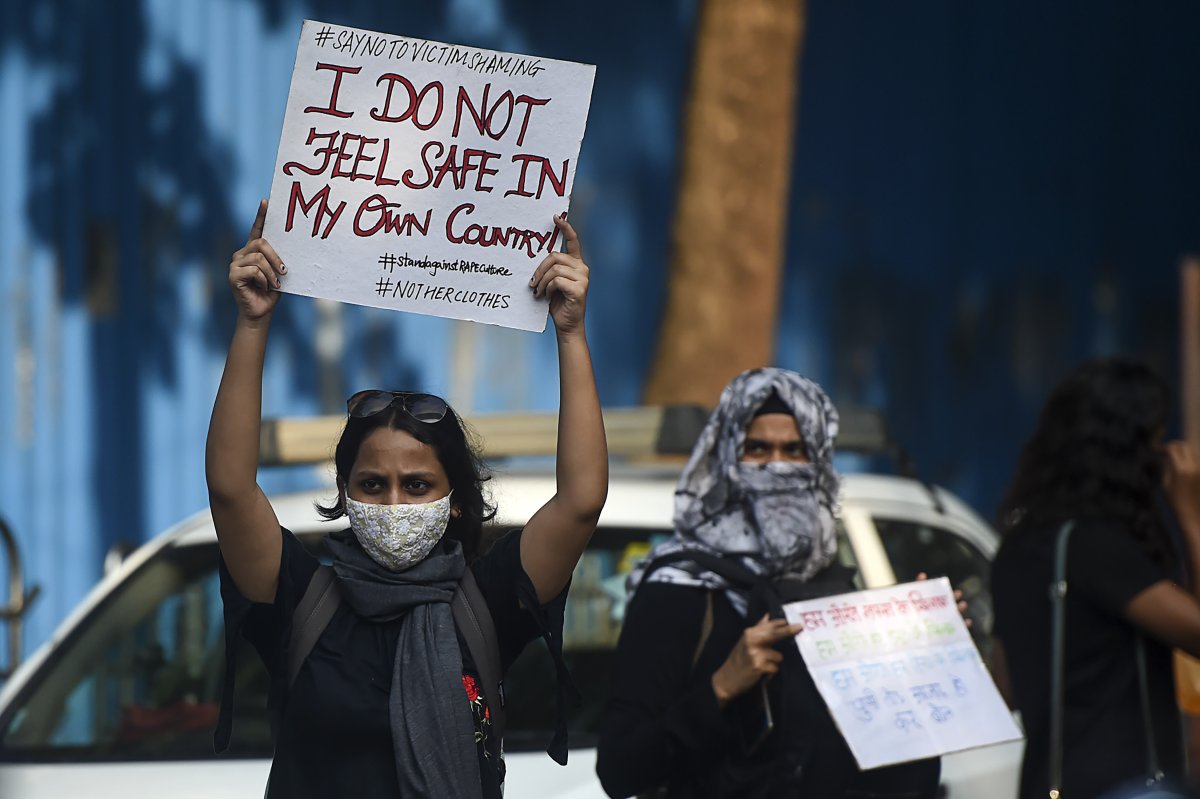Political polarization over government use of facial recognition technology continues to mount, as Massachusetts became one of the first states to pass comprehensive regulations curbing law enforcement's use of the software.
The bill passed with a 70% percent majority in the state senate, in which Democrats outnumber Republicans 37-3. But Republican Governor Charlie Baker originally opposed the bill and threatened not to sign it without changes.
The reason? The effectiveness of facial recognition software in helping authorities catch child predators.

Positive coverage of facial recognition technology often focuses on success stories of its use in apprehending pedophiles and recovering trafficked children.
Thorn, a non-profit organization dedicated "to ending child sex trafficking," claims on its website that its Spotlight software, which relies on Amazon's Rekognition facial analysis technology, "has helped in identifying 14,874 child victims of human trafficking in the past four years.
However, such stories of success are accompanied by tales of authoritative abuse.
A study by the National Institute of Standards and Technology found differentials in software accuracy ranging from a factor of 10 to 100 times, particularly among African Americans. The ACLU reported instances of at least three Black men who were arrested due to misidentification by the technology.
Kate Ruane, the organization's senior legislative counsel, says that figure could be higher, as police agencies do not have to disclose arrests made using the software.

"We need to address the extreme privacy concerns that come with using (facial recognition technology) in an overbroad fashion," Ruane told Newsweek. "When the technology is inherently biased, that is going to enable, facilitate, create additional negative interactions between the government and the people that are misidentified."
Given these concerns, the ACLU has requested a moratorium on the technology until regulations can be implemented. Twenty-four states, the District of Columbia, and a number of cities have headed this advice. However, in places where actions have been taken, concern over the technology's role in fighting child abuse has followed.
Last month, Vermont's attorney general called on the state to lift its moratorium on facial rec, citing efforts to fight child abuse as the central reason. In Wisconsin, the former acting police chief of Madison cited the successful role the technology played in fighting child abuse in a statement opposing a bill to ban the technology late last year.
The National Order of Fraternal Police has also attested to the technology's effectiveness in fighting child sexual exploitation and considers actions to outright ban the technology "alarmist."

While facial recognition has often been used to track thieves, protestors, and graffiti artists, appeals to its effectiveness in fighting child sexual abuse underscore the intense role the issue plays in today's hyper-charged political climate.
High profile cases of convicted and alleged child abuse including Jeffrey Epstein, R. Kelly, and Michael Jackson have kept the issue in the public eye, Kathryn Olmsted, a professor of history specializing in government secrecy and conspiracy theories, told Newsweek.
With at least 90 state senators facing public allegations of sexual misconduct since 2017, according to a report by the Associated Press, the image of the secret pedophilic leader has become a fixture of political discourse.
One of the central stories of the QAnon conspiracy, popular among portions of Donald Trump's supporters, accuses Democratic officials of running child sex rings. Accusations of pedophilia have taken the public stage during election season.
Rudy Giuliani said he found photos of "underage girls" on Hunter Biden's supposedly recovered laptop. Rep. Tom Malinowski (D-NJ) was targeted as a protector of pedophiles by the National Republican Congressional Committee. The ACLU has also been accused of protecting pedophiles.

"I suppose you could see it as a symptom of the polarization of American politics," Olmsted said. "It is a conversation ender."
Although supporters of the use of facial rec warn that unsolved child sexual abuse cases will remain so if a moratorium on its use is put in place, a study shows the technology may not be protecting children as much as is claimed.
Boston University's Journal of Science & Technology Law published a study that found the technology is less likely to properly identify children than adults, which can put them at risk of becoming involved in a criminal investigation and hamper their future wellbeing. The study also found that awareness of surveillance in public may negatively impact a child's "emotional and intellectual development" as it abridges "privacy and free expression."
As states and cities across the U.S. look to follow Massachusetts in passing comprehensive legislation, the role of the software in fighting child abuse is likely to once again become a central concern of opponents.
Ruane says discourse around the issue is about creating safeguards against privacy violations. She says the technology should be considered for government use, but not until it has gone through rigorous enough examination to be proven useful.
"The technology itself right now is so dangerous and so biased that it is producing false arrests and identifications," Ruane told Newsweek. "We need to ensure that people's privacy is protected, when and if it is appropriate for law enforcement to be using it."

Uncommon Knowledge
Newsweek is committed to challenging conventional wisdom and finding connections in the search for common ground.
Newsweek is committed to challenging conventional wisdom and finding connections in the search for common ground.
About the writer
Alex J. Rouhandeh serves as Newsweek's congressional correspondent, reporting from Capitol Hill and the campaign trail. Over his tenure with ... Read more





